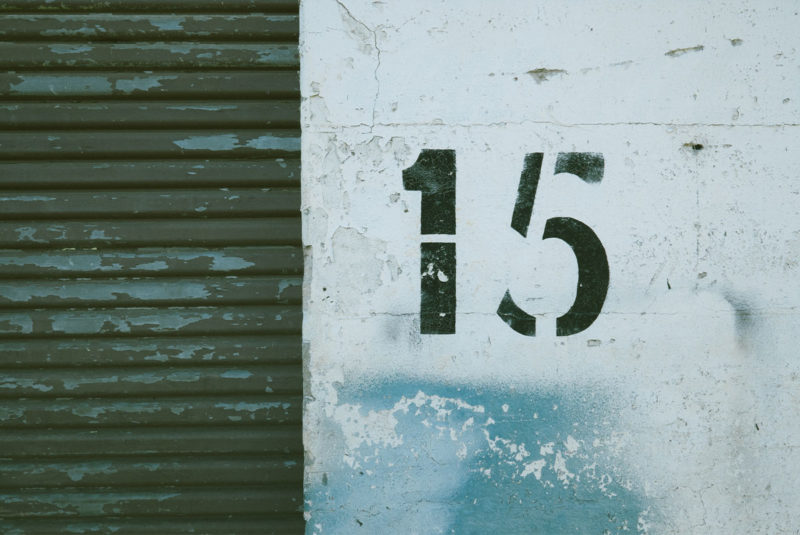Ready To Buy a Home?
Get Approved to Buy a Home
Rocket Mortgage® lets you get to house hunting sooner.
Your mortgage loan will likely come with an escrow account that’s managed by your lender or loan servicer. The money in the account (which is drawn from your monthly mortgage payments) is used to cover your annual property taxes and your home insurance premium.
The escrow account is set up for your benefit – and convenience. Rather than have a borrower make large lump-sum payments of hundreds or thousands of dollars once or twice a year, the account acts like an automatic savings plan that breaks up payments into manageable monthly deposits.
However, a borrower can decide to assume full responsibility for paying their property taxes and insurance. You do it by requesting an escrow waiver. You can either request an escrow waiver at the start of the mortgage or at any point during the mortgage’s term.
But what exactly does an escrow waiver entail?
Defining Escrow Waivers
An escrow waiver grants a borrower permission to pay for mortgage insurance (if you have it), home insurance and property taxes directly.
Getting your escrow waived will lower your monthly mortgage payments because the money you once deposited into your escrow account will be sitting in your savings account, making your monthly mortgage payments more affordable.
Spoiler alert: Waiving escrow doesn’t put more spending money in your pocket. You should be saving what you used to save in an escrow account every month, so you don’t come up short when it’s time to pay your mortgage insurance, home insurance and property taxes.
Why Lenders Favor Escrow Accounts
If you’re a fan of setting up autopay for your bills, you’ll understand why lenders are fans of escrow accounts. With an escrow account, you and the lender know that the money to pay off your property taxes and insurance is being automatically collected and paid on time and in full when they’re due.
Escrow accounts are designed to protect borrowers from defaulting (read: missing payments) on their insurance or property taxes. That’s important. Neither you nor the lender wants you to lose your home because your property taxes or other fees were paid late – or not at all.
If you get an escrow waiver, your lender has to trust that you’ll be able to budget for your payments and pay them when they’re due.
Reasons To Get an Escrow Waiver
There are two reasons to consider an escrow waiver: earning interest on your money and maintaining control over your money.
- Earn interest: Rather than put your money in an escrow account, you can save it in a high-yield savings account and let the money collect interest before it’s time to pay your bills. You save money and make a small profit from saving.
- Maintain control: If your income varies seasonally or monthly or you’d just prefer to be in control of your money, not having an escrow account gives you the flexibility of paying expenses when they’re due instead of paying into an account every month. Removing your property taxes and insurance from your monthly mortgage payment also gives you the advantage of lowering your monthly mortgage payment.
While earning interest and having more control over your money are valid and valuable reasons to apply for an escrow waiver for your mortgage loan, remember, with greater control comes greater responsibility.
Which Loan Types Can You Get an Escrow Waiver For?
Besides figuring out which mortgage loan types are eligible for escrow waivers, the requirements to get a waiver will vary by lender and state.
Department of Veterans Affairs (VA) loans and conventional loans are eligible for escrow waivers. However, each mortgage lender will have slightly different requirements to waive an escrow account.
Federal Housing Administration (FHA) loans and U.S. Department of Agriculture (USDA) loans are not eligible for escrow waivers. In fact, they come with an escrow account requirement for the life of the loan.
Qualifications To Waive Escrow
Every lender has its own requirements for waiving escrow. However, all conventional and VA loans have standard requirements you’ll need to meet.
Because conventional loans are conforming loans (they adhere to Fannie Mae and Freddie Mac’s loan standards), to get an escrow waiver, you’ll need to check off everything on this list. (FYI: VA mortgage loans also follow these standards.)
- The mortgage loan amount must be less than 80% of the appraised value.
- You haven’t been delinquent on any payments recently.
- The loan hasn’t been modified.
- You’ve never been declined for an escrow waiver.
- You don’t live in a flood zone. (FYI: If your property is in a flood zone, an escrow account is required to manage the flood insurance.)
The lender will also take your credit score into account. If it’s low or you’ve taken on new debt since closing on your mortgage loan, that might read as a red flag. And they’ll likely require escrow if your credit score is too low.
What To Consider Before Waiving Escrow
While waiving escrow and taking control of your money might feel like an intrepid step toward financial freedom, it could put more pressure on you. Without an escrow arrangement to help you save for property taxes and insurance, you’ll have to come up with the money at the end of the year or when your premiums are due by yourself.
Many of the expenses need to be paid as a lump-sum amount each year, while a few can be paid monthly, like some of the insurance payments. You’ll need to stay organized and dedicated to budgeting and saving money.
The end of the year should be a time when you’re engaging in holiday festivities, if that’s your thing, not freaking out because you didn’t save enough money to take care of your expenses. Remember, you could be at risk of losing your home if you miss payments.
If you’re living paycheck to paycheck or struggling with saving, an escrow account can give you peace of mind that your property taxes and insurance expenses will be paid on time every time. But, if saving and managing money is second nature to you, an escrow waiver may be the right choice.
Escrow waiver fee
If you waive your escrow account, you may be charged a one-time escrow waiver fee. It’s generally a small fee. Check with your lender to find out how much it will cost you.
Still Considering an Escrow Waiver?
If you’re feeling like you can stay on top of your finances, budget for your payments and your mortgage loan type qualifies for an escrow waiver, the next step is to talk to your lender.
After you ask your lender about their application requirements, make sure and set up that high-yield savings account and start budgeting and saving.
Take the first step toward buying a home.
Get approved. See what you qualify for. Start house hunting.
The Short Version
- If you get an escrow waiver, you’ll be responsible for paying the mortgage insurance, home insurance and property taxes on your own
- Only conventional mortgage loans and Department of Veterans Affairs (VA) mortgage loans qualify for escrow waivers
- If you choose to apply for an escrow waiver, you’ll still need to set aside money for the payments rather than pay into an escrow account




